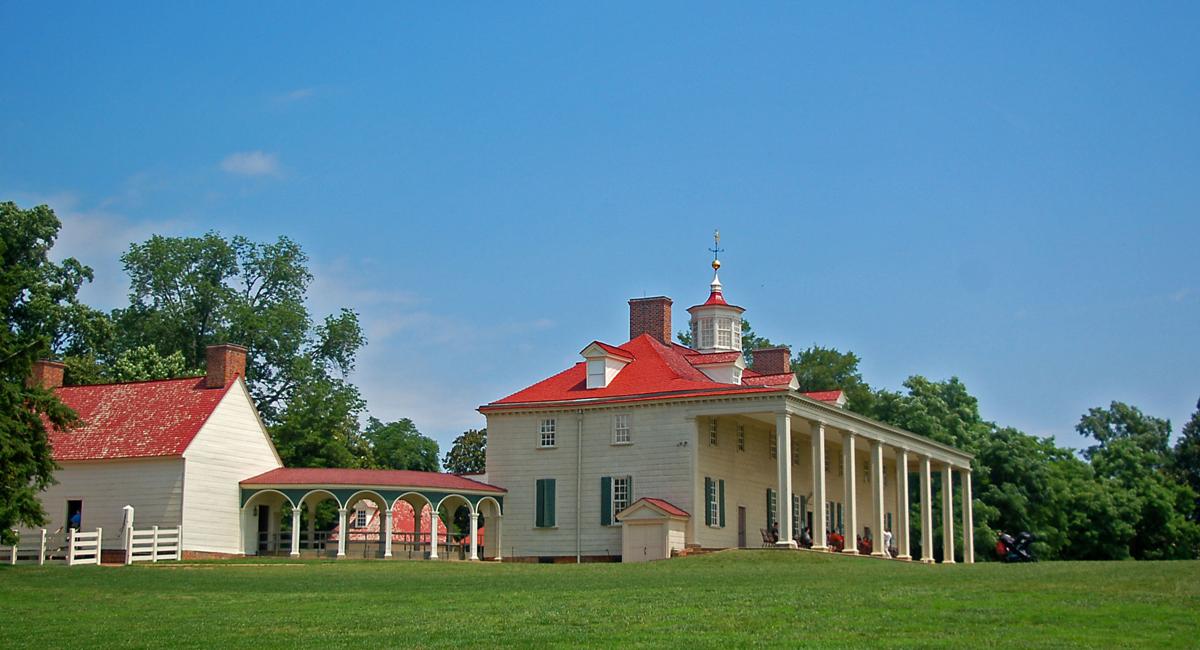W&L’s Strong On Washington’s Quest for His Stepson’s Education
Robert A. Strong column: Not even George Washington could keep these young men focused on learning

Washington had no children of his own, but when he married Martha he took responsibility for the care of her daughter Patsy and her son Jack. Patsy suffered from illness most of her life and died from a severe seizure in her teenage years. John (Jack) Parke Custis was Martha’s only surviving son. He was due to inherit a large estate when he came of age and Washington worked hard to make sure he had an excellent education.
Washington himself never attended college. He had plans to study at a school in England, but the early death of his father shattered those plans. He took up family responsibilities at a young age, served in the French and Indian War, and missed his chance for higher education.
As a result, he cared deeply about the education of others. He often wrote to relatives, and the children of friends, who were heading off to college. He warned against the temptations to gamble, curse, and carouse. He urged young people to take full advantage of a time “when the mind may be turned to things useful & praiseworthy.”
When it came to Jack, he worked tirelessly to get his stepson ready for college. Unfortunately, Jack did not share his stepfather’s enthusiasm for education. The tutor hired by Washington to supervise Jack’s preparation said that in all his years of teaching he had never encountered a more indolent individual or a less talented pupil.
The extensive correspondence between Washington and Jack’s tutor is filled with topics familiar to families today. Washington complained about the fees he was being charged. He worried about Jack’s health and whether he should receive a risky vaccination against small pox. He raised questions about the people Jack was associating with, criticized his stepson’s spelling errors, and argued with the tutor about which college Jack should attend.
When the tutor suggested William & Mary, Washington objected because Williamsburg had too many taverns. He knew his stepson rather well.
When Jack finally set out on the trip to King’s College, now known as Columbia University, Washington rode with him from Mount Vernon to New York. He wanted to make sure that Jack arrived at the proper time, avoiding distractions (including a girlfriend in Maryland) that might present themselves along the way. He also wanted to talk directly to the King’s College faculty about his stepson.
One scholar who studied the strenuous steps to secure an education for Jack Custis refers to those efforts as “George Washington’s losing battle.” Jack dropped out of King’s College, married the girl in Maryland, joined the Revolutionary War as a staff officer, and died at Yorktown.
Jack and his wife had four children, and after his early death, George and Martha adopted two of them. George Washington, now older and wiser, proceeded to repeat the familiar challenges of getting a young man — George Washington Parke Custis — properly educated. There was some progress. Jack dropped out of one college; George dropped out of two.
In a letter Washington wrote to his namesake, who had recently enrolled at St. John’s College in Annapolis, he observes that: “It is now near four weeks since any person of this family has heard from you, although you were requested to write to someone in it, once a fortnight, knowing (as you must do) how apt your Grandmama is to suspect that you are sick, or some accident has happened to you…”
Despite the absence of direct communication, Washington notes that he has heard from friends who have lately visited Annapolis and report that Custis was often seen in public in the company “of a certain young lady of that place.” Washington warns his grandson against dishonorable behavior that “might involve a consequence” of which “you are not aware,” (so much for 18th century sex education) and urges him to focus on his studies. “Cleve to your books,” is the advice that Washington gives before concluding with the salutation “Your sincere friend, and Affectionate Advisor.”
I am a teacher and academic adviser at a university named, in part, for George Washington. When parents visit I remind them that our greatest Founding Father performed his public duties with extraordinary success. Actual fathering was harder. It always is.
Robert A. Strong is the Wilson Professor of Politics at Washington and Lee University.
Contact him at strongr@wlu.edu.
If you know any W&L faculty who would be great profile subjects, tell us about them! Nominate them for a web profile.
